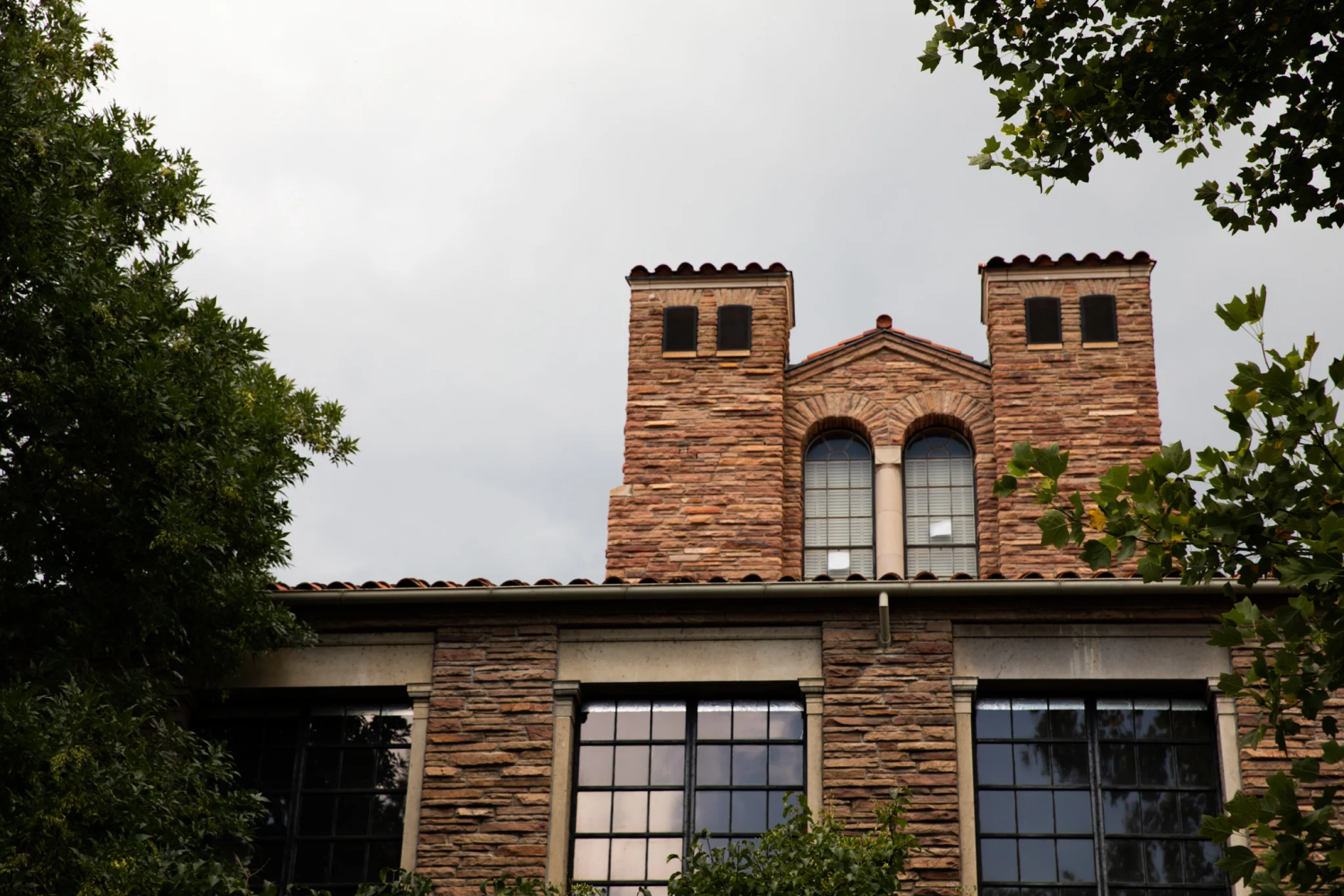Restorative Justice

What is Restorative Justice?
Restorative Justice helps to address the relationship between victims, offenders and the community in a way that repairs the impacts of an incident, holds the offender accountable for their actions and builds community. The Restorative Justice Program (CURJ) engages in a restorative process and response by employing five main principles: respect, repair, reintegration, responsibility and relationship.
CURJ works with the Boulder courts and student conduct process to provide an alternative restorative approach to incidents of harm within the CU Boulder community. While the traditional justice system aims to answer which laws were broken, who broke the law and how the person be punished, CURJ determines who has been harmed, what harm or impact was caused, and what can be done to repair that impact to the greatest extent possible.
Be a part of Restorative Justice.
Restorative Justice allows students to:
- Tell their story.
- Repair harm that was caused to the community.
- Have an input in the outcome of your conduct case.
Restorative Justice allows those who were impacted to:
- Help students understand the impacts of their behavior.
- Improve relationships with students.
- Build a stronger community on and off campus.
The Restorative Justice Process
Intake
Schedule and attend a CURJ intake with Student Conduct & Conflict Resolution at S485 in the Center for Community.
Conference
Attend CURJ conference and create a reparative agreement.
Reparative agreement
Complete reparative agreement items and email agreement items to curj@colorado.edu.
Completion letter
CURJ emails completion letter to you. Bring that letter to court or email to student conduct officer to prove completion of CURJ process.

CURJ receives referrals from the Boulder Courts and Student Conduct and Conflict Resolution. You should let your conduct officer know you are going through CURJ from the courts and they may choose to refer you to CURJ as well.
The CURJ process is usually completed within 6-10 weeks of referral.
Agreements look differently for different students and situations. Agreements are tailored to fit harm caused and utilize student’s skills and talents to give back to the community. Students play an active role in deciding what they would like to see in their agreement.
A $100 fee is charged to the student’s account with CU (Bursars Account). It processes the first week of the month following the CURJ conference and is listed as “Restorative Justice Fee.”
After a student is ticketed or documented for an incident, the relevant agencies involved may choose to refer cases to CURJ.

